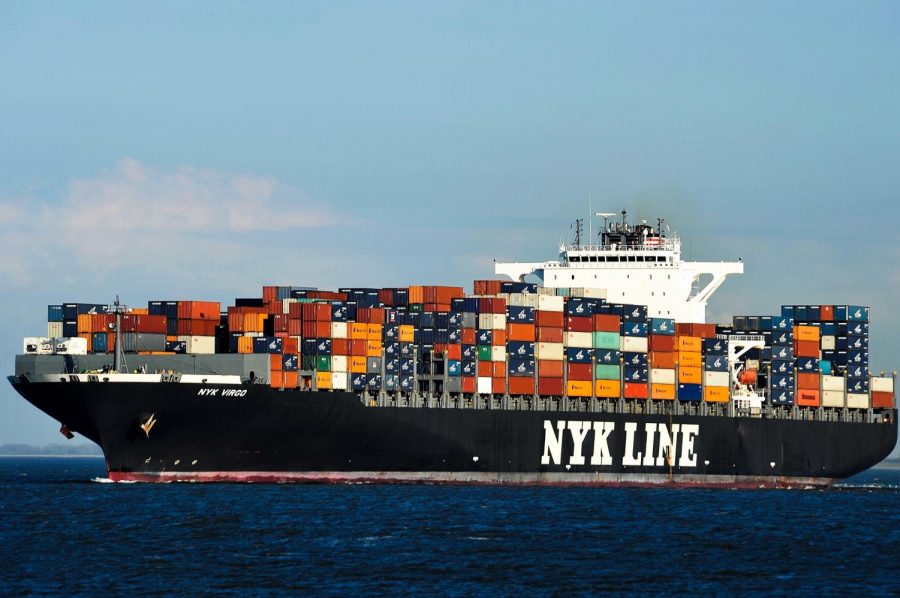OPINION: China trade war costs millions; damages farmers, blue-collar workers
U.S. tariffs reflect badly on country, hurt local economy by over $200 million
The tariffs levied against China affect millions of people all over the country. Farmers in the Pacific Northwest have lost more than $210 million.
September 17, 2019
The current tariffs levied against China have created a disastrous impact that hurts America’s image abroad and damages our economy at home.
Starting in July 2018, around $450 billion of Chinese goods have been taxed by the United States. In response, China has levied tariffs on $170 billion of American goods, according to BBC. As part of the new trade war, some of our largest trading partners such as the EU, Canada, Mexico and China are looking at levying tariffs against American goods or are already raising them.
While it may appear that the U.S. is winning the trade war, given that they are levying more tariffs than China, this is simply not the case.
“One of the things that economics as a discipline agrees with is that the tariffs have a negative consequence to welfare overall,” said Timothy Nadreau, Impact and Contribution analyst at WSU’s IMPACT center and specializes in providing data-backed guidance to economic policy.
China is the United States’ largest market for vegetables, and our fourth-largest market for food products. As of 2019, farmers in the Pacific Northwest have lost more than $135 million in wheat, $21 million in apple exports and $54 million in sweet cherry exports, according to the WSU IMPACT Center. This totals to a loss of more than $210 million dollars.
Farmers aren’t the only ones hurt by these tariffs. American blue-collar workers have been shortchanged again after years of consistent job loss. Tariffs levied against China would lead to almost 300,000 jobs disappearing in the U.S. Retaliatory tariffs raised against the U.S. would push the total to over 400,000, according to Forbes Magazine.
The economic losses posed by the tariffs are dwarfed by the long-lasting international consequences posed to America’s ability to function as a global policeman.
Martha Cottam, professor in the School of Politics, Philosophy and Public Affairs, said the current tariffs hinder our diplomatic ability.
They make America seem like an erratic and vengeful country, Cottam said.
This kind of behavior leads other countries to view the United States not as a stable and just trading partner, but as an unreasonable and brash child with no direction or solid goals.
This cannot stand.
These tariffs have led to anxiety over global markets and mistrust from our allies. We as a nation cannot move forward to promote global stability or democracy without allies. Every time the United States has served as a tool for good in this world we had the support of others. Losing this support is a catastrophic blow to what we as a nation are committed to.





















